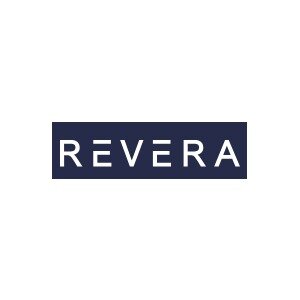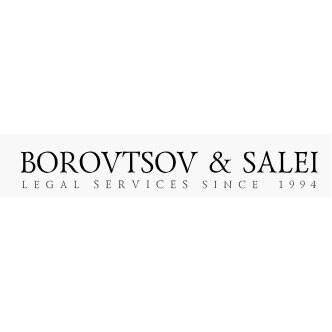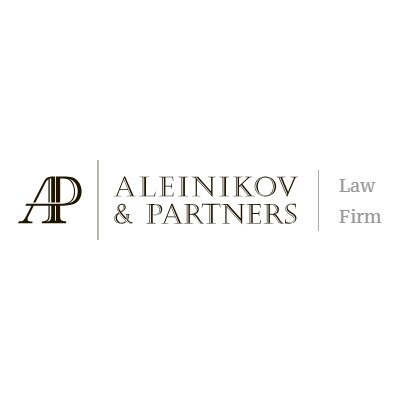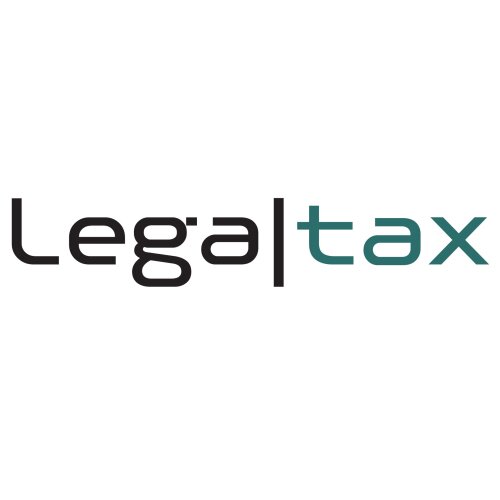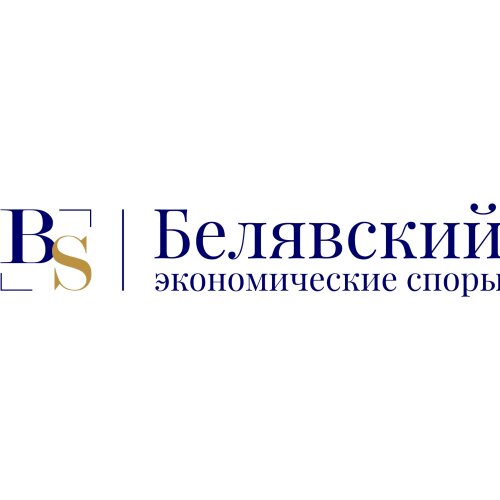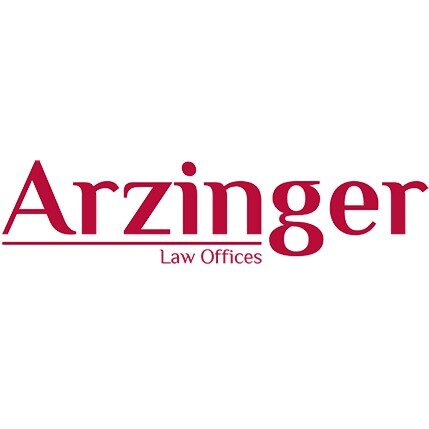Best Mining Law Lawyers in Belarus
Share your needs with us, get contacted by law firms.
Free. Takes 2 min.
Or refine your search by selecting a city:
List of the best lawyers in Belarus
About Mining Law in Belarus
Mining Law in Belarus governs all activities related to the exploration, extraction, processing, and use of mineral resources located within the territory of the Republic of Belarus. This field of law is regulated by a combination of national laws, presidential decrees, and governmental regulations. The legislation sets out the legal framework for accessing mineral resources, the rights and obligations of entities involved in mining, as well as environmental and safety standards.
Why You May Need a Lawyer
Engaging in mining activities in Belarus involves navigating complex legal requirements, registration processes, and strict compliance with local regulations. A lawyer specializing in Mining Law can assist in various situations, such as:
- Obtaining mining licenses or permits
- Negotiating and drafting contracts with local partners or suppliers
- Ensuring compliance with environmental, health, and safety regulations
- Resolving disputes with government authorities or private parties
- Assisting with foreign investment and taxation matters related to mining projects
- Representing clients in administrative or judicial proceedings
Local Laws Overview
Several key legal acts regulate Mining Law in Belarus. The primary legislation is the Subsoil Code of the Republic of Belarus, which outlines the terms of access, use, and protection of mineral resources. Other important regulations include environmental protection laws and rules concerning occupational safety in mining operations. Some notable features of local Mining Law include:
- Mineral resources are state property, and their use requires official permission from relevant authorities
- Licenses are mandatory for exploration and mining operations and are subject to government approval
- Environmental impact assessments are required before the commencement of any significant mining project
- Foreign investors must comply with specific regulations related to ownership, management, and profit repatriation
- Rehabilitation of mining sites and environmental restoration is legally enforced
Frequently Asked Questions
What is the main law governing mining activities in Belarus?
The primary legal act is the Subsoil Code of the Republic of Belarus, supported by other statutes and regulations on environmental protection and labor safety.
Are mineral resources privately owned in Belarus?
No, all mineral resources are the property of the state. Private and legal entities can obtain rights to use them through licenses and permits issued by state bodies.
How are mining licenses obtained?
Mining licenses are granted by the Ministry of Natural Resources and Environmental Protection after a formal application process. Applicants must meet specific criteria and undergo environmental and technical assessments.
Are there any restrictions for foreign investors in the mining sector?
Foreign investors can participate in mining activities but must comply with Belarusian laws regarding foreign ownership, joint ventures, and repatriation of profits. Special procedures may apply to strategic resources.
What are the key requirements for environmental protection?
Mining projects must undergo environmental impact assessments, implement protective measures, and restore mining sites after operations end. Failure to comply can result in sanctions or license revocation.
What taxes are applicable to mining companies in Belarus?
Mining companies are subject to general corporate taxes, subsoil use fees, and environmental payments. Specific rates and obligations depend on the scale and nature of the mining activity.
Is it possible to transfer or sell a mining license?
Licenses are generally not transferable without government approval. Any change in ownership or control must be reported and officially sanctioned.
How are disputes in mining projects resolved?
Disputes may be addressed through negotiation, administrative proceedings, or brought before Belarusian courts. Arbitration clauses in contracts may also be recognized.
What safety standards must be observed in mining?
Strict labor and safety rules apply, including mandatory risk assessments, safety equipment, proper training, and regular inspections by state agencies.
Can individuals or companies explore for minerals on their own property?
No, all exploration and extraction must be licensed by the state. Private land ownership does not grant rights to mineral resources underneath the land.
Additional Resources
If you need further information or assistance, consider consulting the following resources:
- The Ministry of Natural Resources and Environmental Protection of the Republic of Belarus
- The State Committee for Standardization of the Republic of Belarus (for technical and safety standards)
- The Republican Unitary Enterprise “Belgeologia” (for geological data and exploration support)
- Local offices of international law firms with experience in Belarusian mining law
- Legal aid centers specializing in environmental and business law
Next Steps
If you require legal assistance concerning Mining Law in Belarus, consider the following steps:
- Clearly define your objectives and gather relevant documents related to your mining interests
- Consult with a qualified lawyer who specializes in mining and natural resource law in Belarus
- Request a legal review of your situation to identify potential risks and compliance obligations
- Stay informed about changes in local legislation and administrative practices affecting mining operations
- Engage with government agencies early in the process to ensure proper licensing and regulatory approval
Professional legal advice is highly recommended when dealing with mining ventures, ensuring compliance, and protecting your rights in Belarus.
Lawzana helps you find the best lawyers and law firms in Belarus through a curated and pre-screened list of qualified legal professionals. Our platform offers rankings and detailed profiles of attorneys and law firms, allowing you to compare based on practice areas, including Mining Law, experience, and client feedback.
Each profile includes a description of the firm's areas of practice, client reviews, team members and partners, year of establishment, spoken languages, office locations, contact information, social media presence, and any published articles or resources. Most firms on our platform speak English and are experienced in both local and international legal matters.
Get a quote from top-rated law firms in Belarus — quickly, securely, and without unnecessary hassle.
Disclaimer:
The information provided on this page is for general informational purposes only and does not constitute legal advice. While we strive to ensure the accuracy and relevance of the content, legal information may change over time, and interpretations of the law can vary. You should always consult with a qualified legal professional for advice specific to your situation.
We disclaim all liability for actions taken or not taken based on the content of this page. If you believe any information is incorrect or outdated, please contact us, and we will review and update it where appropriate.
Browse mining law law firms by city in Belarus
Refine your search by selecting a city.



